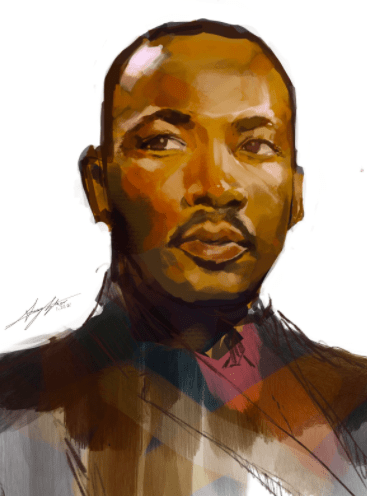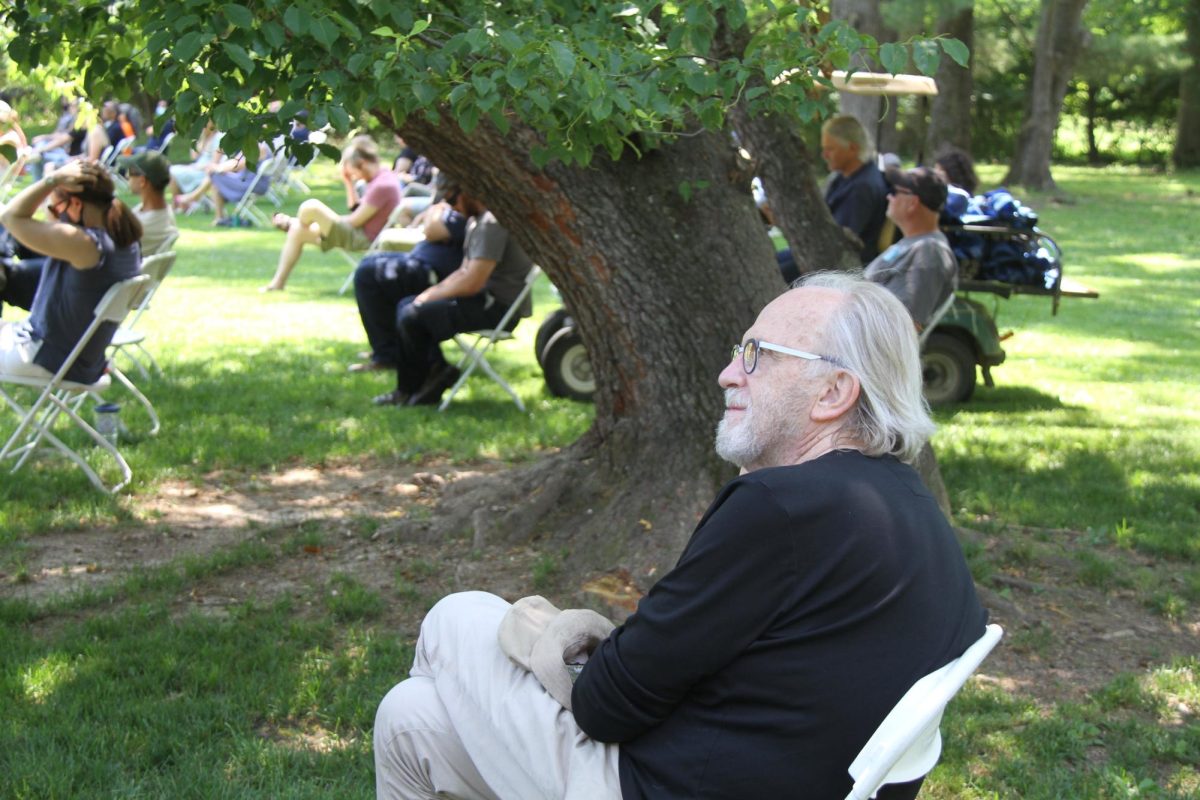The Significance of MLK Day

(Artwork/Amy Zhou’23)
January 22, 2021
On Monday, January 18, people at PDS and all around the world joined together to reflect upon the works of the great Martin Luther King Jr., an eminent priest who was at the forefront of the civil rights movement during the 1950s and 1960s, and left a long-lasting legacy of racial equality that will forever be remembered in our country’s history.
Upper School history teacher Marvin McCrary spent his MLK Day reflecting on “the impact the individual can have to bring about change.” Mr. McCrary believes that King provided a “model for effective social activism through his message of nonviolence.” From him, “we can learn how to address problems, and how to effectively organize to bring about positive change.” McCrary says that King reminded him that “democracy and freedom are never free,” and that it is “up to the citizens of a democracy to help advance the greater good.”
Sophomore Ziya Brittingham took her MLK Day to “read articles and books written about him and his fellow warriors of justice” with her mom. Brittingham explains that King has inspired her to continue his legacy, as he has “paved the way and set standards for those who fight the many injustices in this world.” Not only can we learn about racial tolerance and equality from King, but we can also learn how to be “open-minded with each other and to fight diligently for what we believe in.”
Dr. King has revolutionized and touched the lives of many generations of people of color and marginalized communities. It is through his work, along with fellow civil rights activists like Rosa Parks and Malcolm X, that America is changing to become increasingly more accepting of people with different backgrounds.
King once said that “darkness cannot drive out darkness, only light can do that.” We can all learn from King in our everyday interactions, and during current times that are divided by animosity and surrounded by gloom and despair, we ought to remember that “we must learn to live together as brothers or perish together as fools.”





